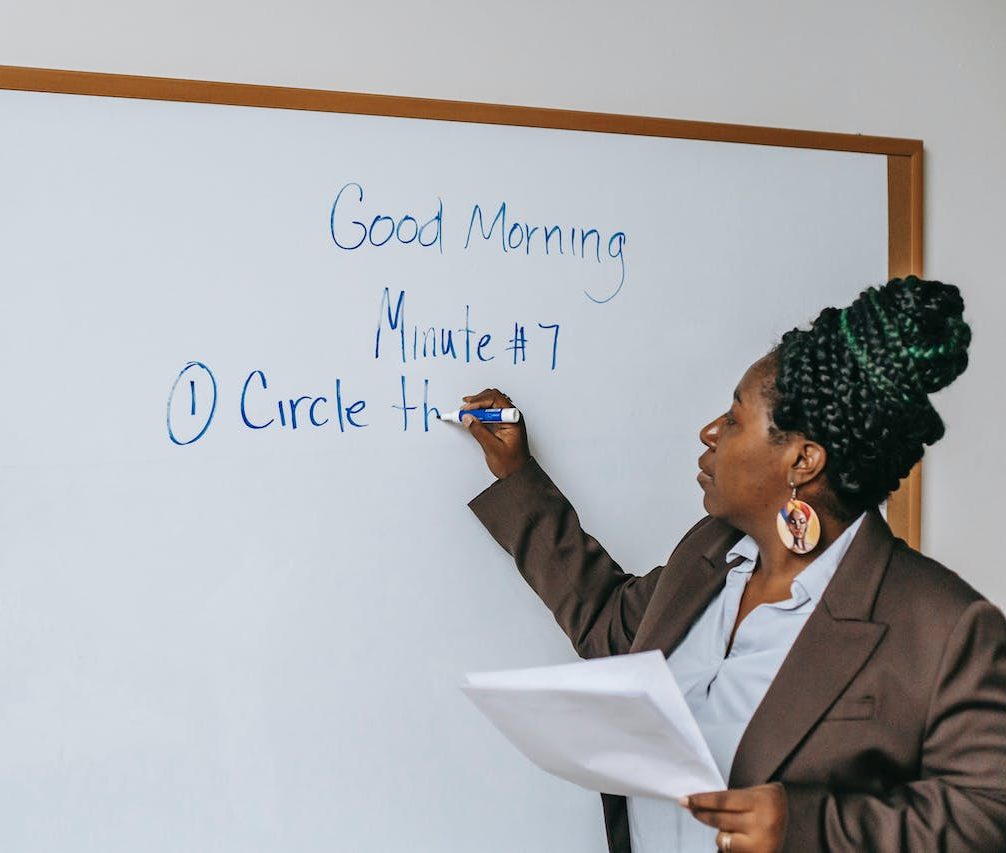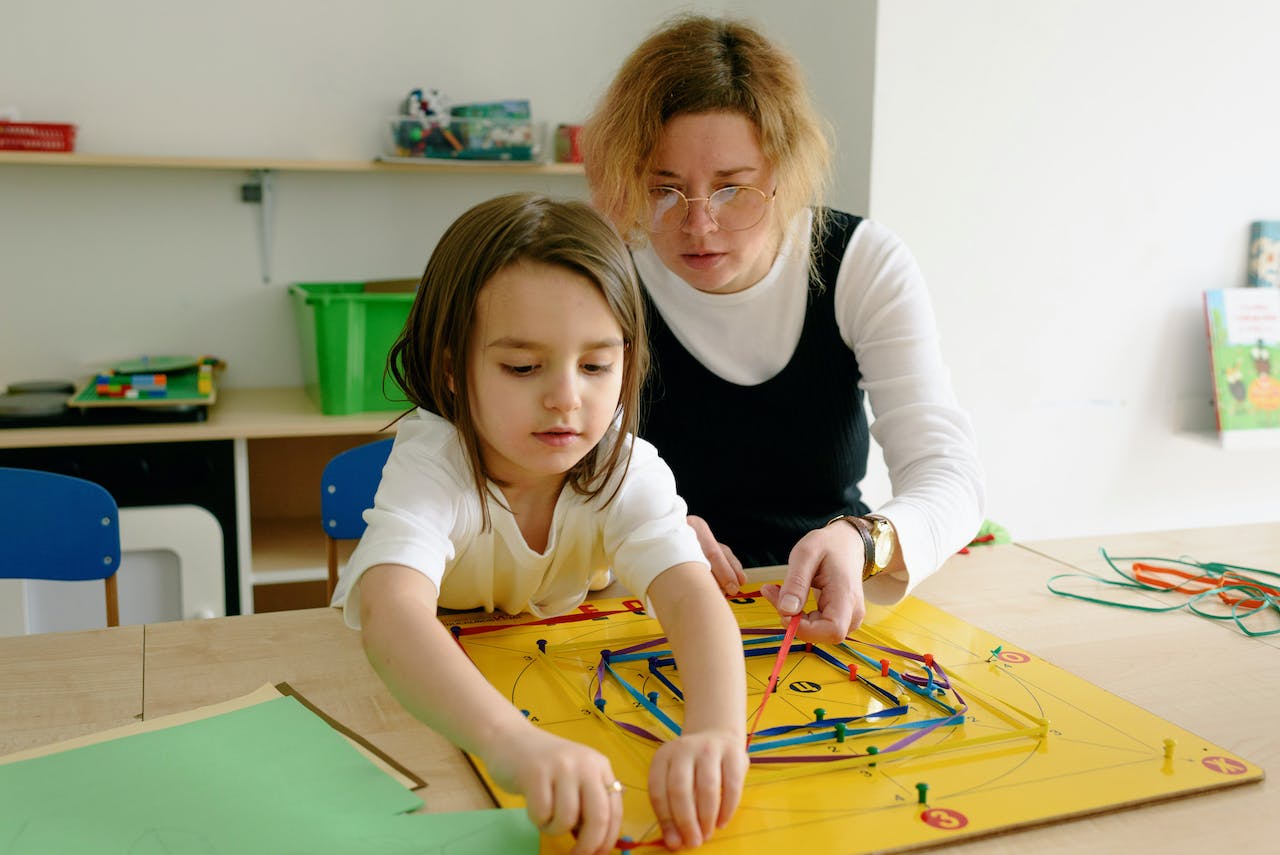Training events
Inset days are often used for Teacher training. This could be to focus on a specific topic such as SEND or safeguarding, or a specific subject such as numeracy or science. Training may be given by other staff members or an external trainer and often provide an opportunity for Teachers to collaborate as a team, working on activities together to improve their own knowledge and expertise.
There are often other opportunities for Teacher training that are planned within the school year, which may be in-house or may require going to another school or training placement.
If you are looking for continuous professional development opportunities, visit the Affinity Academy page for information on training sessions covering various skills, SEND and safeguarding topics.
Knowing the key dates for each academic year will help you plan your schedule and finding out more about the wide variety of events and awareness days will inspire you to incorporate new ideas and learning opportunities into your lessons.










